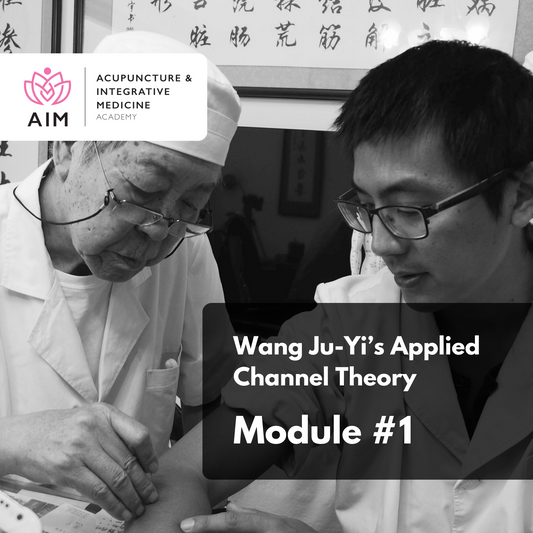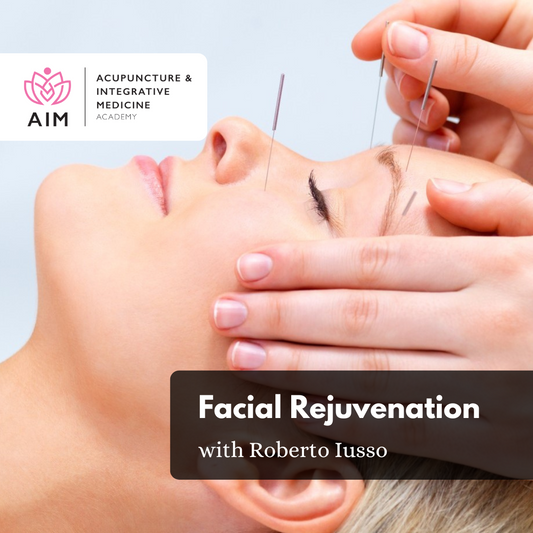Acupuncture & Integrative Medicine Academy
Wang Ju-yi’s Applied Channel Theory: Module 1 - Channel Diagnosis and Palpation Seminar
Wang Ju-yi’s Applied Channel Theory: Module 1 - Channel Diagnosis and Palpation Seminar
Reserve Your Spot Now! Space is Limited!
Couldn't load pickup availability
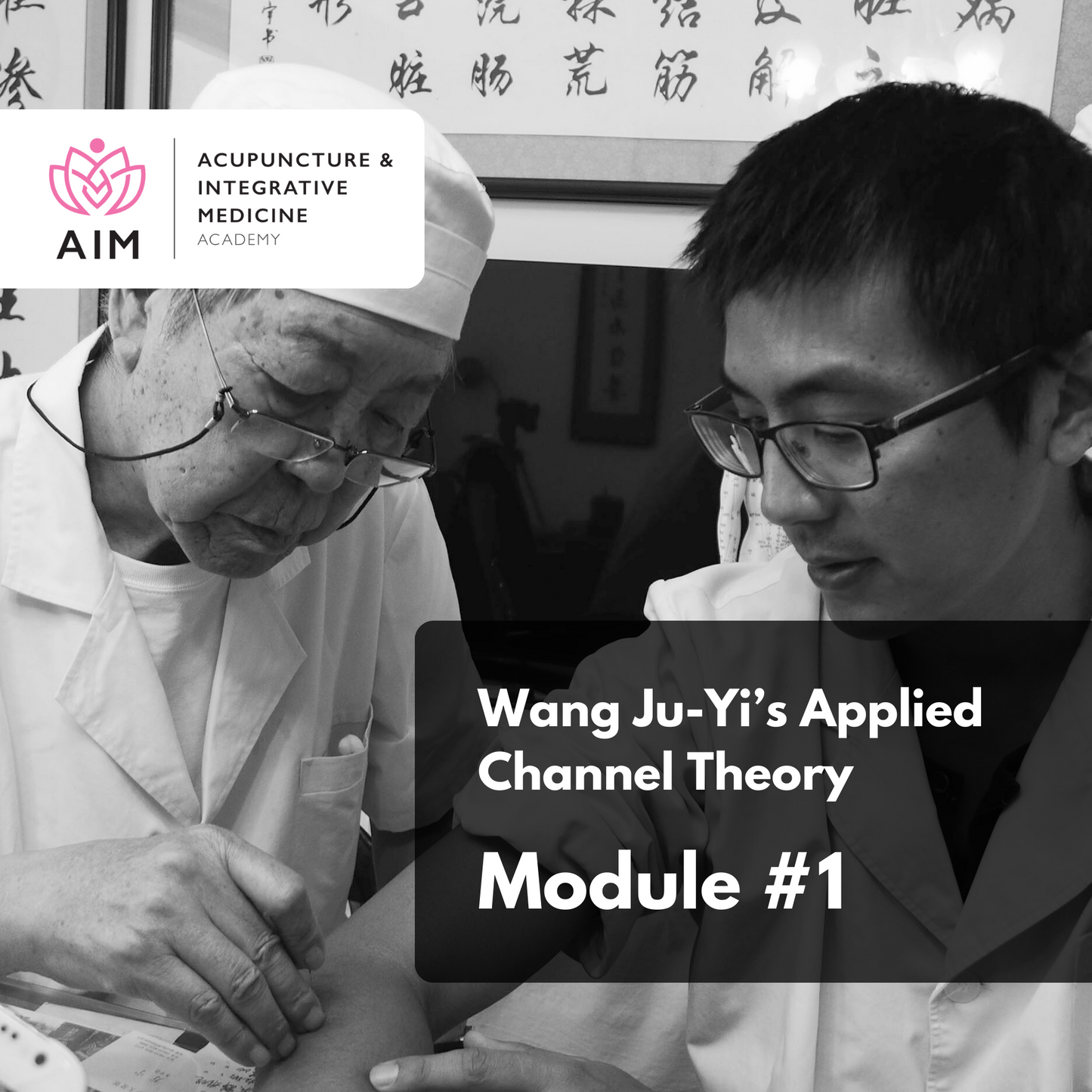
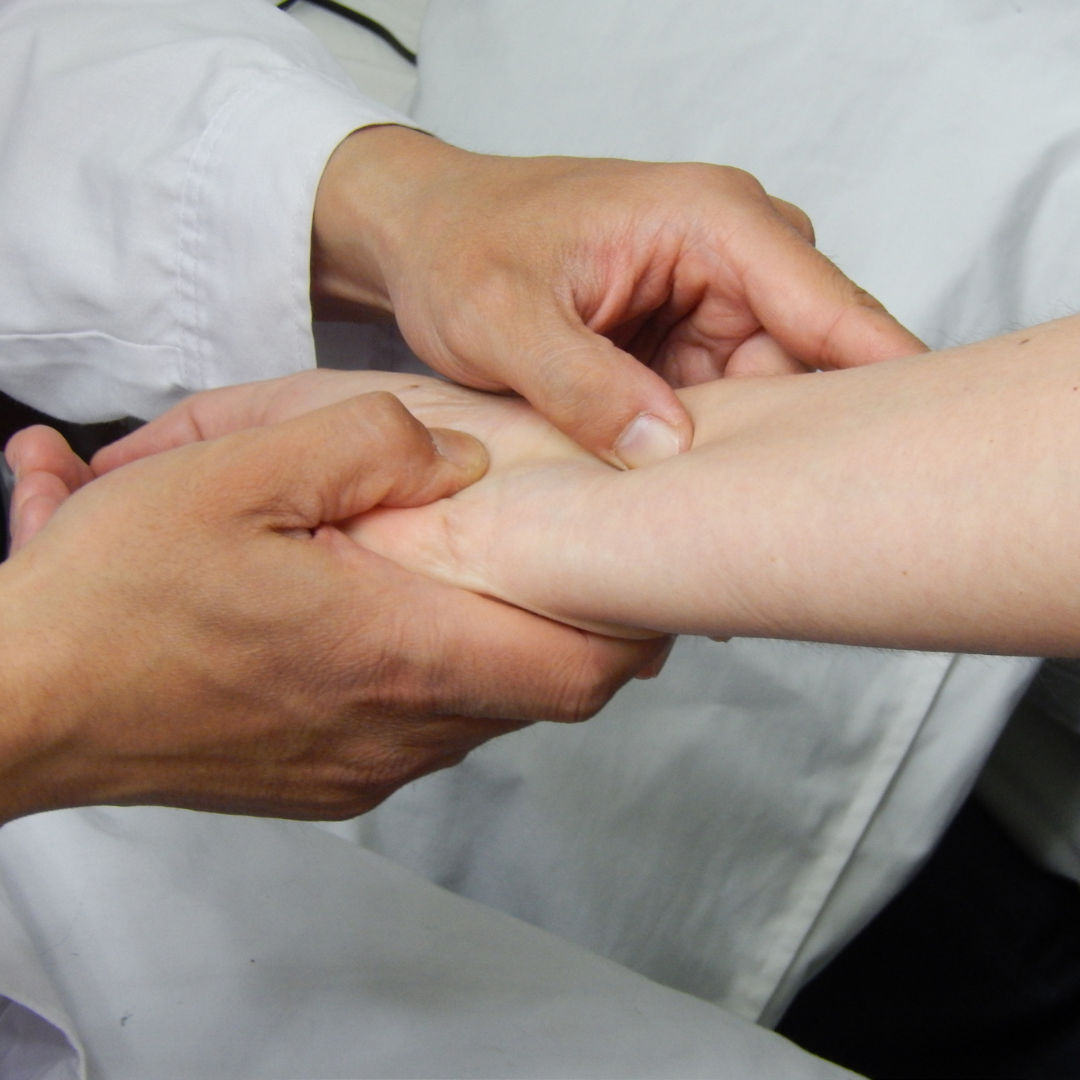

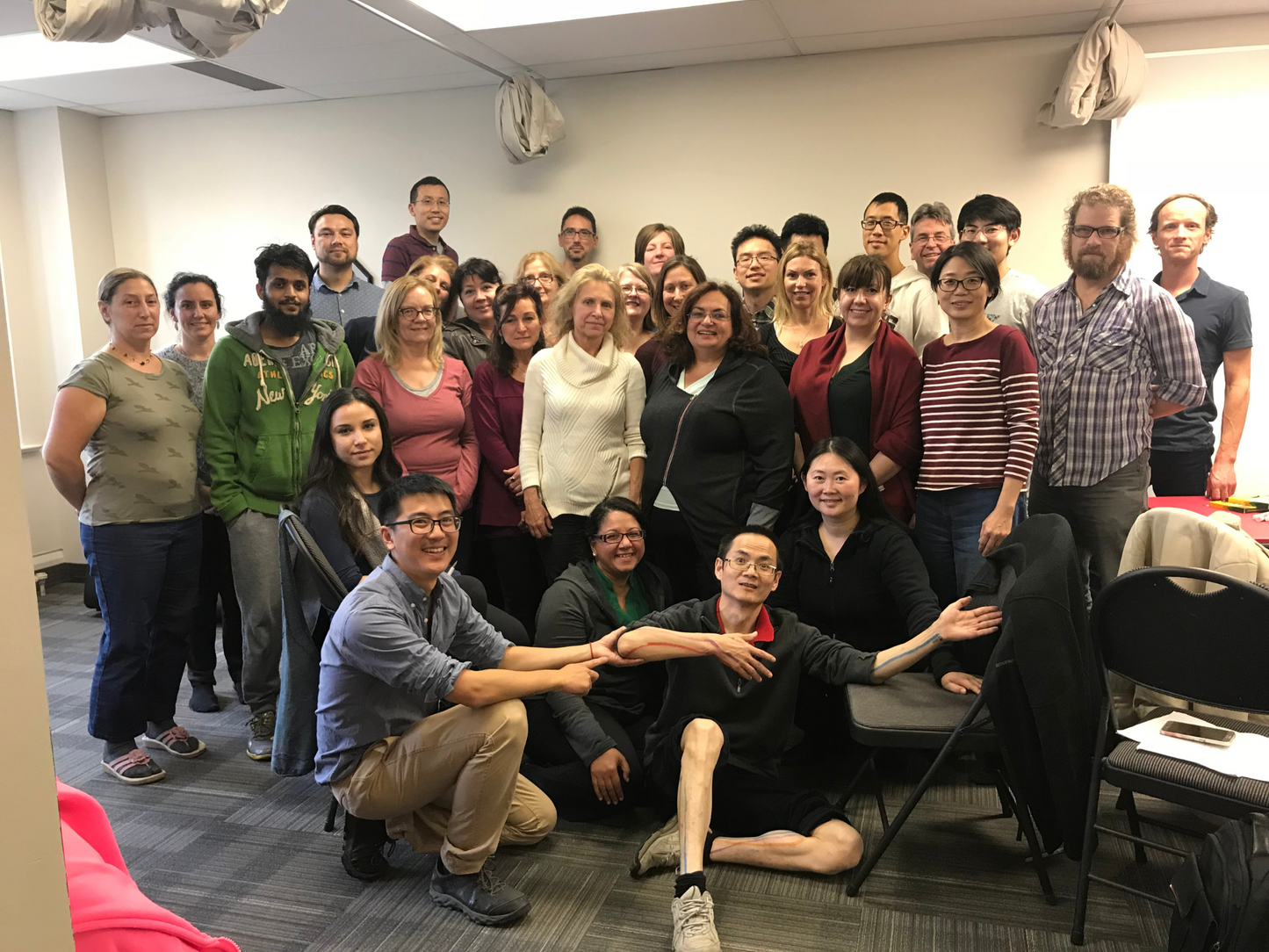
Details:
Schedule:
- Monday, July 6, 2026 from 9:00AM - 1:00PM (Online portion)
-
Monday, July 13, and Tuesday, July 14, 2026 from 10:00AM - 6:00PM (In Person portion)
Location:
- Monday, July 6: Online on Zoom
- Monday and Tuesday, July 13 and 14: In Person at AIM Academy
Requirement: You are required to have a solid TCM theory background and have read the required text (Wang Ju-yi and Jason Roberston's book, "Applied Channel Theory in Chinese Medicine.")
Early Bird Rate before April 30th, 2026: $700
Regular Cost: $800
AIM Alumni or TCMO Member Price: $700 (Call 416-323-1818 ext. 200 to register at your discounted rate.)
- Payment can be made online by Visa or MasterCard
- In person using Visa, Mastercard, or interac
- Via e-transfer to info@aim-academy.ca
Registration: Register online through our Shopify store or over the phone by calling 416 323 1818 ext. 200. Registrations are taken on a first come, first serve basis. Register early to avoid disappointment.
Cancellation Policy: Cancellations made on or before two weeks prior to the course start date will result in a $50 + HST cancellation fee. Cancellations made after that date will not receive a refund.
Description:
Developed by Dr. Wang Ju-yi over 50 years in Beijing clinics, hospitals, colleges and research institutes, it involves the rigorous combination of theory and diagnostic technique. In addition to channel examination, Applied Channel Theory is a comprehensive system that includes channel theory (channel qi transformation), channel differentiation, channel selection, the nature of acupuncture points, point selection and location, and various methods of channel regulation (like acupuncture, moxibustion, hand techniques and so on).
This two-day class will focus on learning the basics of channel examination through interactive lectures and hands-on practice of technique. Channel examination is a classical diagnostic technique not often taught in modern acupuncture schools in the West. Emphasized in the earliest Chinese medical texts (Nei Jing/Nan Jing), examination of the channels is essential to confirming diagnosis and refining point selection.
Channel examination involves the methods of observation, feeling temperature/moisture, palpation of pulses, pressing and palpation of channels. The emphasis of the course will be on channel palpation of the 12 main channels, and the various changes that can be discovered. Ren and du vessel palpation will also be taught.
In addition, an exploration of channel-based physiology will be presented from Applied Channel Theory in Chinese Medicine and An Introduction to Applied Channel Theory(《经络医学概论》). The course will focus on lectures on channel physiology and their common pathologies. Common point pairs will also be introduced.
This course can be considered as an introductory course on Applied Channel Theory, as Dr. Wang believed that mastery of this system first requires knowledge of the channels, particularly their physiology and actual physical location in the body.
Future classes will build upon the foundations of his course.
Subjects covered will include:
- Classical channel physiology and a discussion of how physiology manifests with specific, palpable changes on the acupuncture channels.
- Techniques for the accurate palpation of each of the fourteen major channels, especially the exact crevice where each channel travels. This section of the class will involve hands-on work by the students.
- How to utilize information gleaned from channel palpation to refine and simplify diagnosis.
Course Outline:
Day 1: Three hour Online Class (on Zoom)
- Introduction to Applied Channel Theory
- What are channels?
- Five Methods of Channel Examination
- Description of Common Channel Changes
Day 2: In-person Class
- Palpation of the tai yin, yang ming, jue yin and shao yang channels.
- Physiology and common pathology of the tai yin - yang ming, and jue yin - shao yang channels, including discussion on their common point pairs.
Day 3: In-person Class
- Palpation of the shao yin, tai yang, du and ren.
- Physiology and common pathology of the shao yin -tai yang, including discussion of their common point pairs.
- Discussion on the six methods of channel selection -- how do we decide which channels to select for treatment?
Instructor: Jonathan Chang

Jonathan Chang graduated from the Beijing University of Chinese Medicine in 2012 with a degree in Chinese Medicine. In 2008 he began his apprenticeship with Dr. Wang Ju-yi in Beijing, and was Dr. Wang’s full-time assistant at the Wang Ju-yi Applied Channel Theory Research Center and Clinic from 2012 to 2017.
In August 2012, he was recognized by the Beijing Administration of Traditional Chinese Medicine, Beijing Acupuncture and Moxibustion Association and Wang Ju-yi, as an official instructor of Applied Channel Theory. In May 2015, Jonathan was formally recognized by Wang Ju-yi as an indoor apprentice.
He worked on Dr. Wang’s clinical case studies book Wang Ju-yi’s Applied Channel Theory Clinical Case Studies (2014), and was also one of the main contributors to Dr. Wang’s An Introduction to Applied Channel Theory (2016).
Jonathan is from Canada, but has lived in China since 2002. He currently works as a TCM doctor at the Ling Lan TCM Clinic in Beijing.
Check out these workshops!
-
NEW WORKSHOP: Rectifying Systemic Imbalances through the Center - Abdominal Treatment Workshop with T'agyol Daniel Adler
Regular price $600.00 CADRegular priceUnit price per -
Wang Ju-yi’s Applied Channel Theory: Module 1 - Channel Diagnosis and Palpation Seminar
Regular price $700.00 CADRegular priceUnit price per -
Wang Ju-yi’s Applied Channel Theory: Module 2 - Point Category Theory, Point Pairs and Palpation of Points
Regular price From $300.00 CADRegular priceUnit price per -
Facial Rejuvenation with Roberto Iusso
Regular price $700.00 CADRegular priceUnit price per






